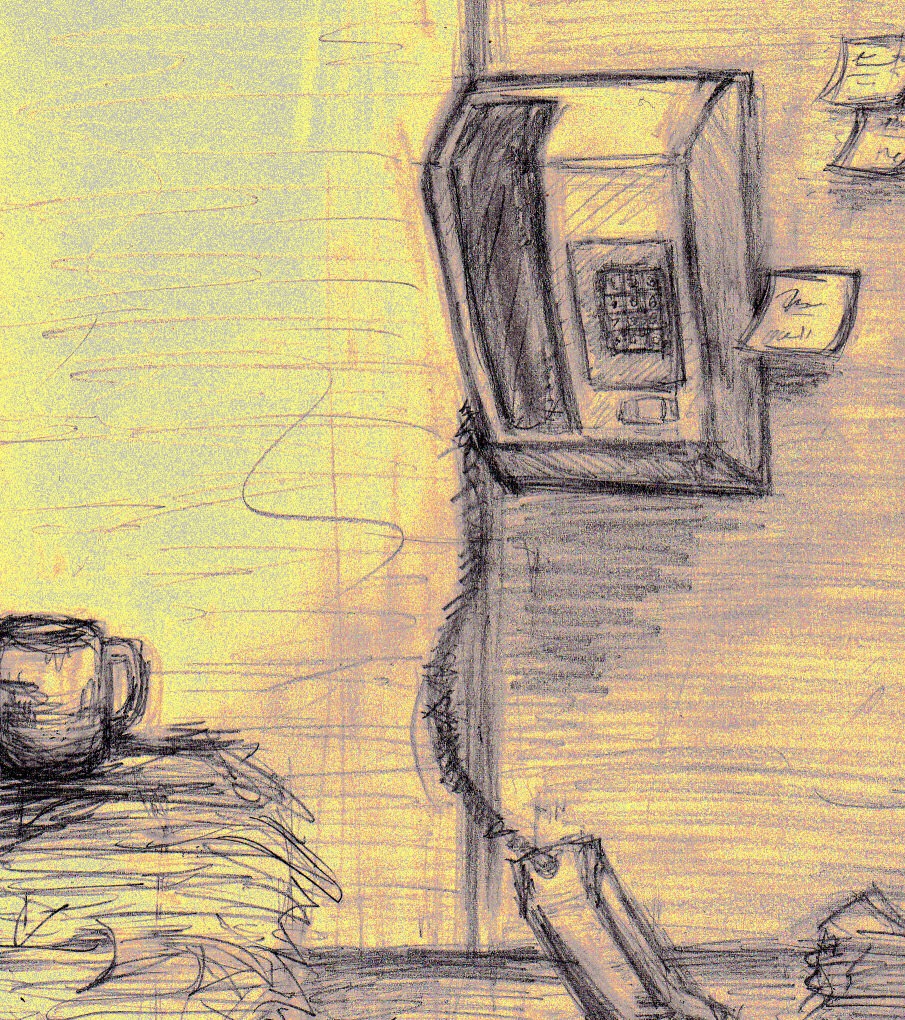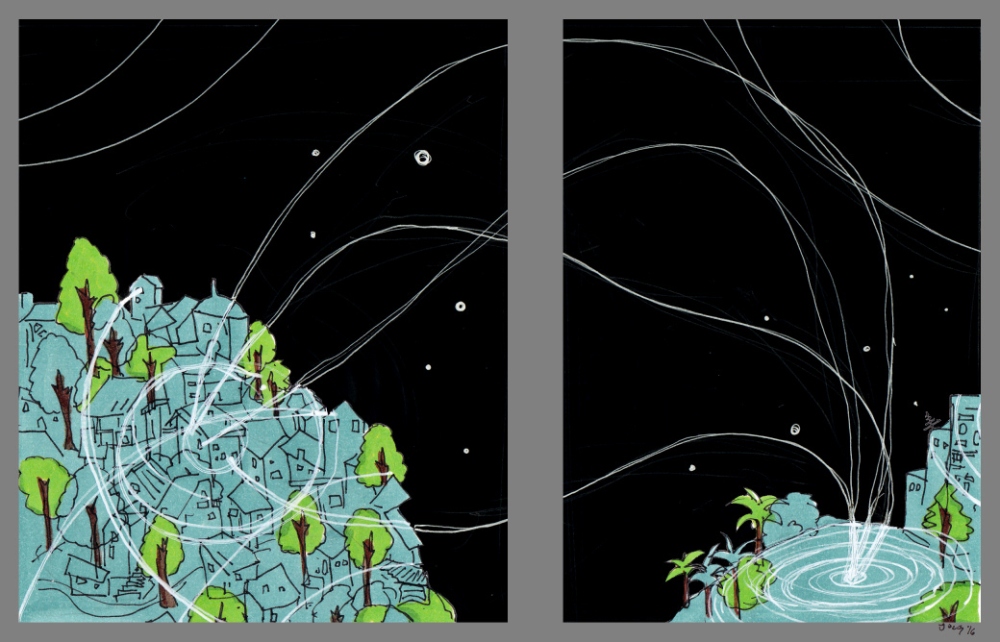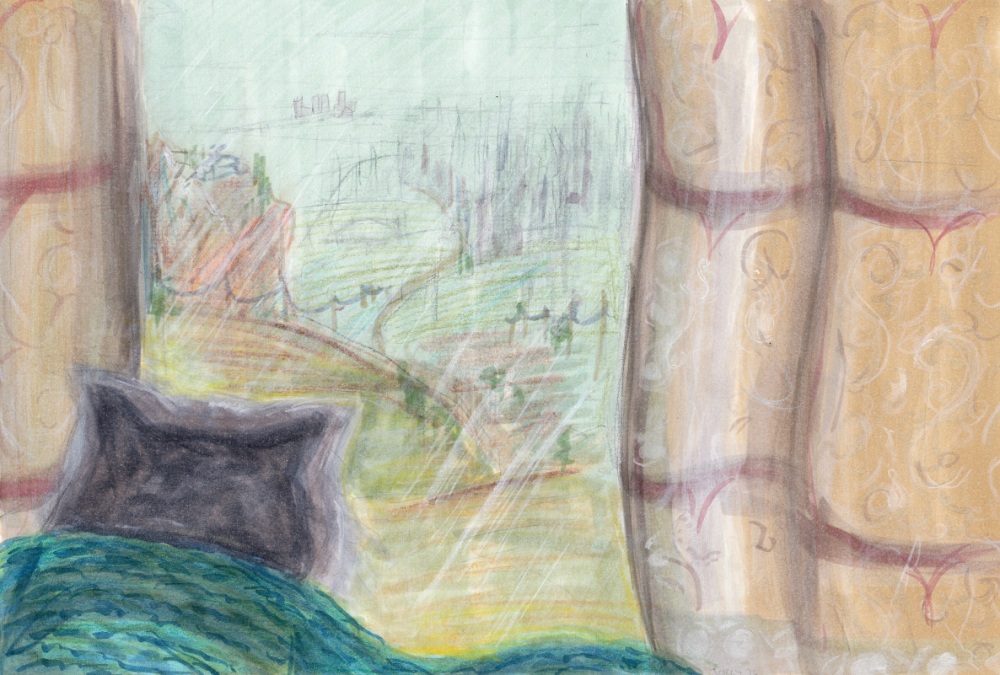#62: Ron Sexsmith – ‘Maybe This Christmas’ (2002)

Any song which is hopeful comes from a place of deep malaise. ‘Maybe This Christmas’ takes this season’s penchant for magic and miracles and attempts to use it to spirit up romance and reconcilation.
“Maybe this Christmas will mean something more. Maybe this year, love will appear, deeper than ever before.”
It’s a nice wish, and not too unrealistic, either. As your annual ‘Love Actually’ viewing no doubt reminded you, love – actually – is all around. For Ron Sexsmith, it will rescue him from yet another meaningless holiday. He also acknowledges that, with all this emotion whirling around, maybe this is the perfect time to call someone you once loved; “someone we’ve lost, for reasons we can’t quite recall.”
Losing touch is quite easy; Christmas is just the sharpest reminder of how easy.
‘Maybe This Christmas’ zeroes in on something often overlooked at Christmastime: just how much holiday happiness hinges on having someone you love to share it with.
While many moan about the traffic, the heat/cold, the racist uncles, the last-minute shopping, the cynical commercials, most carols, the unexpected cameos by family issues decades past, vacuuming tinsel out of the carpet for months, toys without required batteries, and terrible television, all that stuff is made infinitely worse – like a Race Around The World you can’t remember sending an audition tape in for – when you are dragging a heavy heart through it all.
(This song also has the distinct honour of soundtracking the season one episode of The OC in which the now-traditional holiday Chrismukkah was introduced. This portmanteau holiday, created to merge Christianity and Judaism, should really have picked up more steam by now.)
The emphasis on family, joy and love that comes clumsily gift-wrapped with Christmas can often compound lousy feelings, but it’s also the perfect time to start taking steps towards believing that things will soon be different. Even if you can’t yet feel it, you can see evidence of it. Look around. Seeing how easily love exists makes it seem well within reach.
Will love appear for you this Christmas? Well, probably not. But maybe…








